Patients in South Korea expressed frustration and anger at the difficulty in getting medical treatment when nearly 9,000 resident doctors quit their jobs for two days.
8,816 resident physicians, accounting for more than 70% of young doctors in South Korea, have filed a collective resignation in the past two days to protest the government's medical education reform program, calling for increasing the enrollment quota for medical schools by 2,000 people from 2025.
More than 7,800 resident doctors did not show up at hospitals on February 21, despite the government's call to return to work. They decided to resign en masse due to concerns that plans to increase the number of medical students will impact the quality of medical services, as well as their income and social status.
The mass resignation of resident doctors is raising concerns about a "medical service gap", with operating rooms at Seoul's five largest general hospitals reduced to 50% capacity, medical sources said.
Surgeries have been cut in half at Severance Hospital in central Seoul. St. Mary's Hospital and Asan Medical Center in southern and eastern Seoul have each reduced their surgical capacity by 30%.
Patient Kim, 38, who has bile duct cancer, left Seoul National University Hospital (SNUH) on February 21 to be admitted to another hospital on doctor's recommendation.
"My condition required intensive medical care because I had a high fever, but yesterday I was recommended to be transferred to another hospital," said Kim, who underwent cancer surgery at SNUH. "Many patients said their surgeries were canceled. If I were them, I would be devastated because even a slight delay in treatment can greatly affect the progression of cancer."
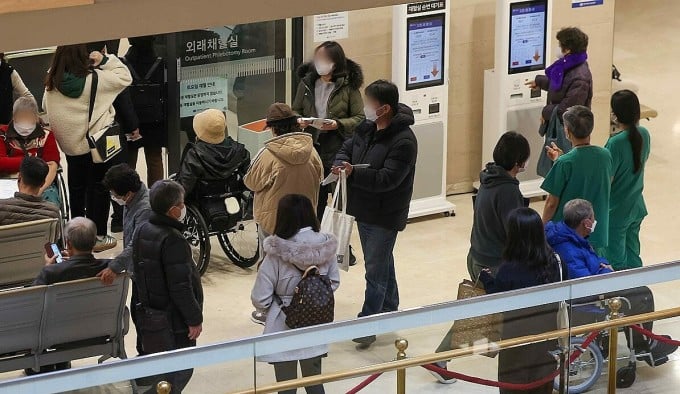
Patients and medical staff at a general hospital in Seoul, South Korea on February 20. Photo: Yonhap
A nurse at the SNUH children's hospital has informed patients and parents that all services are currently unavailable without doctors and that surgeries and other operations will only be performed by August at the latest if the current wave of resident doctors' resignations continues.
At Severance Hospital, Polish mother Kasia and her 11-year-old daughter Aniela had to wait nearly an hour to get an appointment to have her broken arm checked, due to a delay in hospital services.
"My child broke his arm three weeks ago and we came for a check-up today. I read about the doctors' strike in the news, but I didn't think it would be so badly affected," the mother said.
A woman in her 20s expressed outrage at severe delays to medical services while waiting in line at Severance Hospital emergency room after her sister's surgical wound opened.
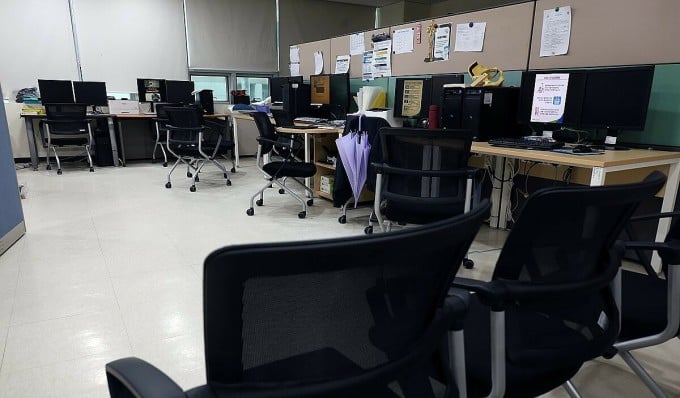
The doctor's office is deserted at Pusan National University Hospital in the port city of Busan, South Korea on February 20. Photo: Yonhap
Lee Jong-soo, a 56-year-old liver patient, criticized the residents' actions. "They are doing the wrong thing. They cannot use this to maintain their privileges at a time when medical school admissions quotas have not changed for a long time. Their actions directly affect patients and the community," he said.
Uhm Hye-seop, 62, who accompanied her father-in-law to Seoul National University Hospital for cancer treatment, waited impatiently as she stared at the board displaying the order of patients entering for examination.
“We have to get used to waiting for medical treatment,” Uhm said, constantly checking to see if her father-in-law’s name had appeared on the list. “I’m sure all patients feel the same way. We think there needs to be more doctors.”
Huyen Le (According to Yonhap )
Source link


![[Photo] General Secretary To Lam receives US Ambassador to Vietnam Marc Knapper](https://vphoto.vietnam.vn/thumb/1200x675/vietnam/resource/IMAGE/2025/9/29/c8fd0761aa184da7814aee57d87c49b3)
![[Photo] The 1st Congress of Phu Tho Provincial Party Committee, term 2025-2030](https://vphoto.vietnam.vn/thumb/1200x675/vietnam/resource/IMAGE/2025/9/30/1507da06216649bba8a1ce6251816820)
![[Photo] Solemn opening of the 12th Military Party Congress for the 2025-2030 term](https://vphoto.vietnam.vn/thumb/1200x675/vietnam/resource/IMAGE/2025/9/30/2cd383b3130d41a1a4b5ace0d5eb989d)
![[Photo] General Secretary To Lam, Secretary of the Central Military Commission attends the 12th Party Congress of the Army](https://vphoto.vietnam.vn/thumb/1200x675/vietnam/resource/IMAGE/2025/9/30/9b63aaa37ddb472ead84e3870a8ae825)


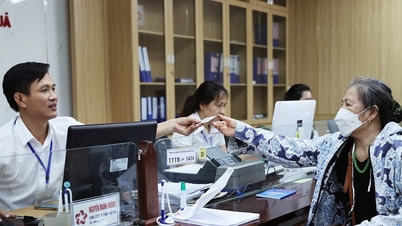


























![[Photo] General Secretary To Lam attends the ceremony to celebrate the 80th anniversary of the post and telecommunications sector and the 66th anniversary of the science and technology sector.](https://vphoto.vietnam.vn/thumb/1200x675/vietnam/resource/IMAGE/2025/9/29/8e86b39b8fe44121a2b14a031f4cef46)




























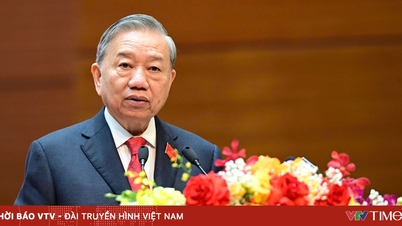

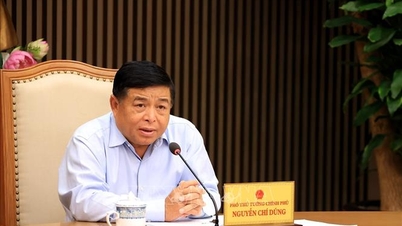

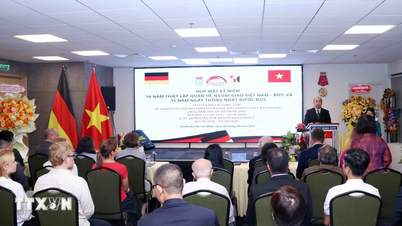
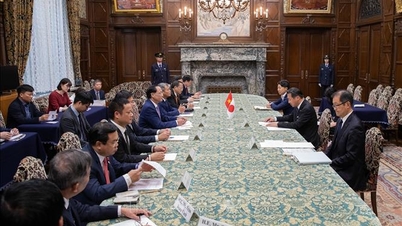


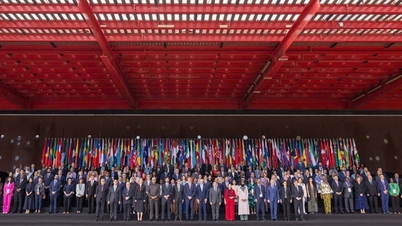





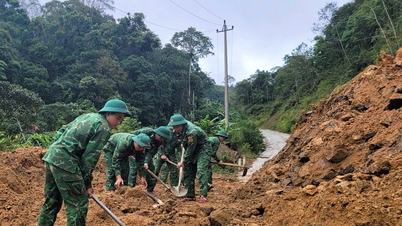

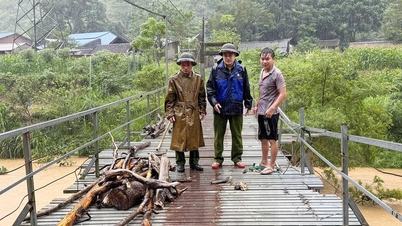






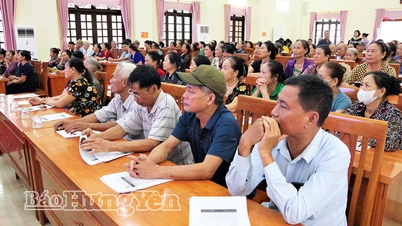















Comment (0)